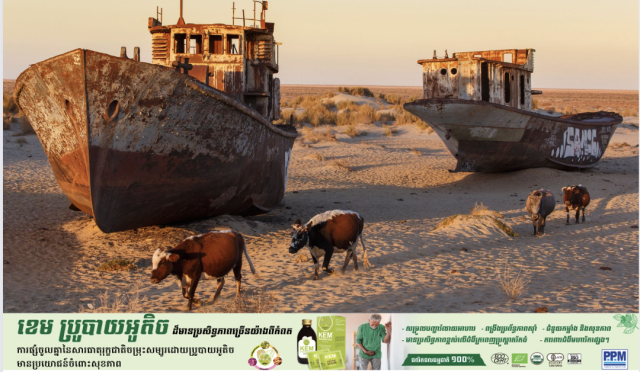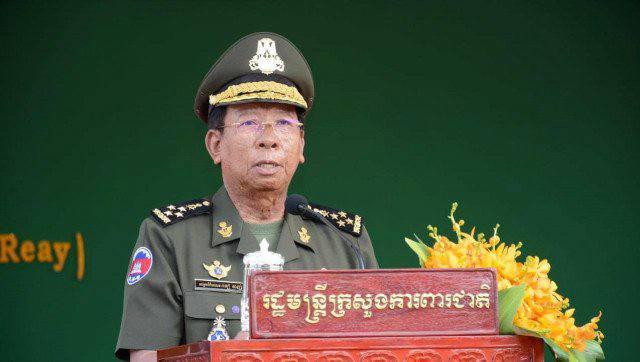The Aral Sea between Uzbekistan and Kazakhstan was once the fourth largest lake in the world, before Soviet irrigation projects caused much of it to dry up in what has been dubbed one of the world's worst environmental catastrophes.
"Experts believe that in some regions of Central Asia the pressure on water resources will triple by 2040. The economic damage may eventually reach 11 percent of the regional gross product," Mirziyoyev warned.
"Already now, according to the United Nations, countries in the region lose up to $2 billion annually due to shortages and inefficient use of water resources," he said in remarks published on the presidential website.
Around 90 percent of water in Uzbekistan is used for agriculture, and scientists warn demand will only grow as the population increases.
Hotter temperatures due to climate change have also disrupted the water cycle, experts say, increasing the risk of drought across the country's largely arid terrain.
© Agence France-Presse
















